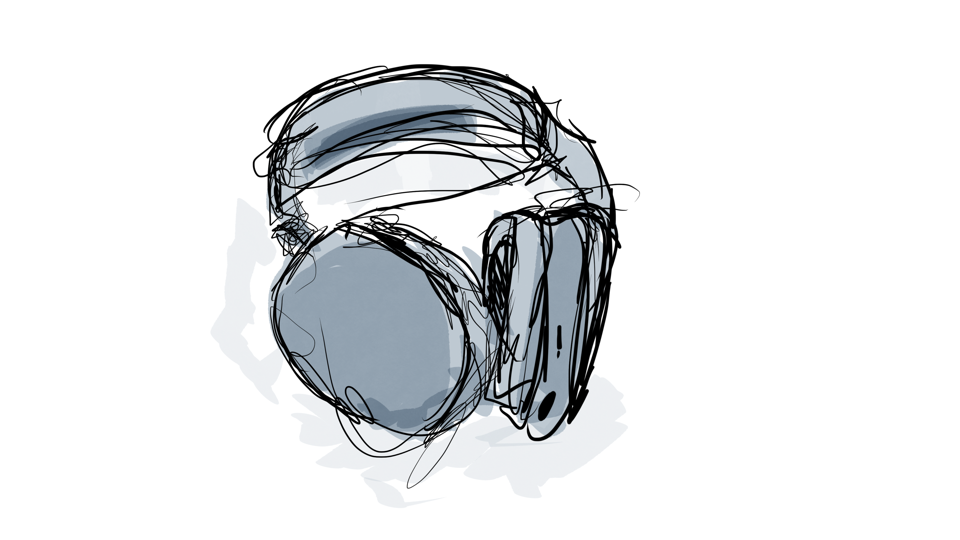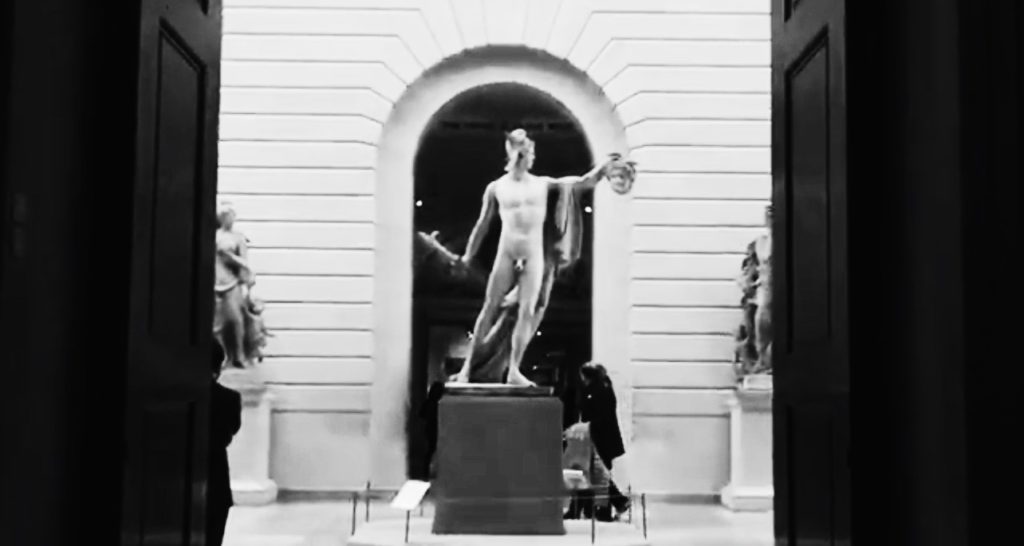From “The Dark Forest” by Cixin Liu:
Two centuries was far too short for any visible change to come to these rocky mountains. What was the human world like in the eyes of the mountains? Perhaps just something they saw on a leisurely afternoon. First, a few small living beings appeared on the plain. After a while, they multiplied, and after another while they erected structures like anthills that quickly filled the region.
My wife and I are finally hopping on the Euphoria train. One of the episodes has a few different lines about memory and high school and the legacy of it all.
I’m old enough now to see that you do just forget most of the stuff that happened in high school. There are some peak moments. Some of the friends you stay in touch with. A few you actually do still see regularly as adults.
It doesn’t make the time unimportant. It’s a high leverage point in life where a lot of your future beliefs are going to be shaped. Even if it’s by interactions with people you’ll never talk to again after graduation.
“Whenever I try to remember friends from high school, friends from college, or even just friends from five years ago, my memory always creates the illusion that we were together constantly, just like those kids on Saved by the Bell. However, this was almost never the case. Whenever I seriously piece together my past, I inevitably uncover long stretches where somebody who (retrospectively) seemed among my closest companions simply wasn’t around.” — Sex, Drugs, and Cocoa Puffs: A Low Culture Manifesto by Chuck Klosterman
Now, I’ve been reading a lot of “how to write on the internet” sort of stuff lately. There should always be a CTA. Even if you’re not selling something, you should at least give the reader some sort of action to take. If you tell a story, there should be an answer to the reader’s “so what?”
So what do you do if you can’t tie something to an action the reader can take? I don’t know. Maybe remember that we’re all just a leisurely afternoon to the mountains. And the mountains are a leisurely afternoon for a galaxy.
And then hit publish anyway.

